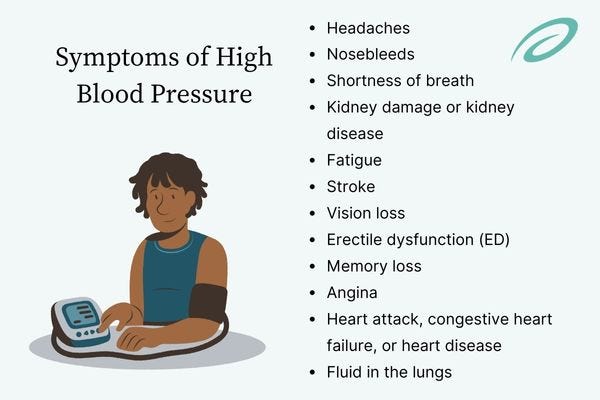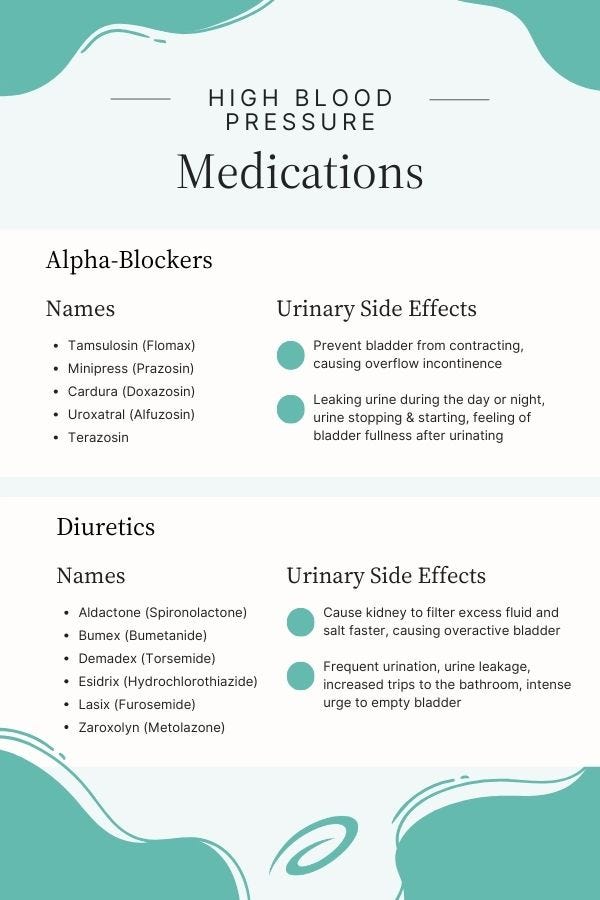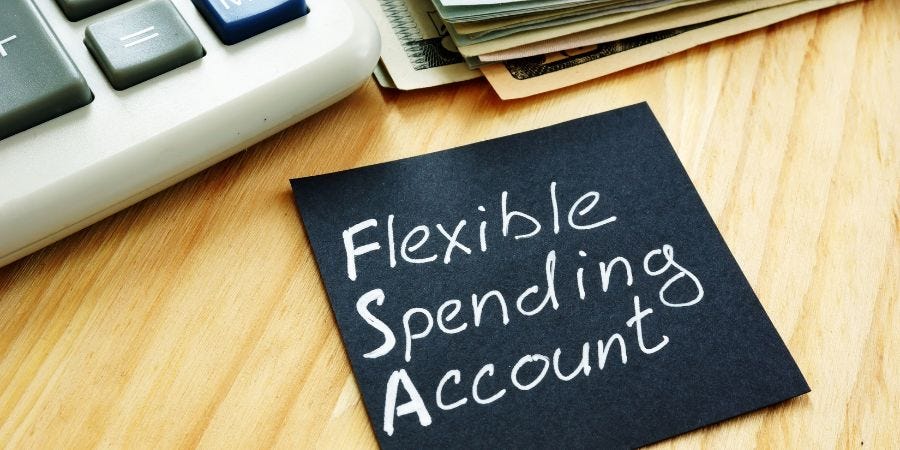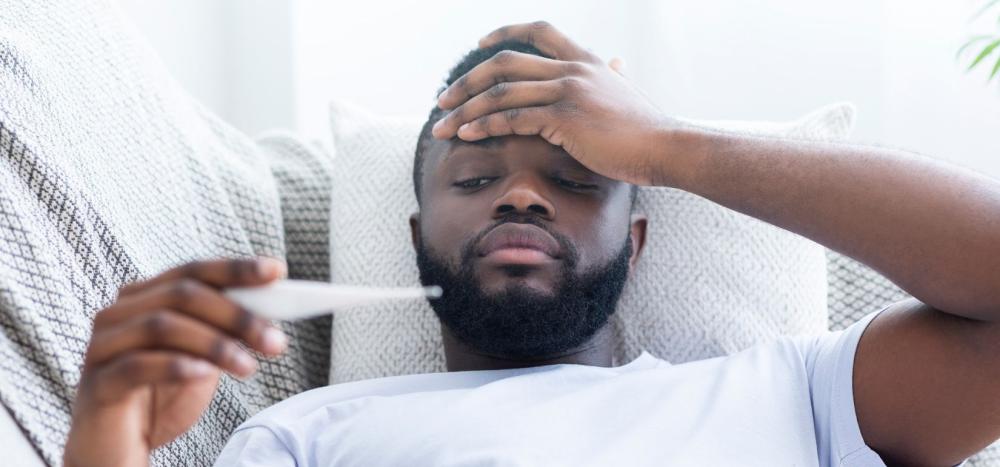Key Takeaways:
- High blood pressure occurs when blood pressure remains high for prolonged periods, causing possible health issues.
- While high blood pressure does not directly cause bladder problems, medications can lead to bladder issues.
- With proper knowledge and care, bladder control problems caused by high blood pressure may be treatable.
High blood pressure, a prevalent health concern affecting over 119 million adults in the United States, causes many serious health concerns, such as vision loss, stroke, and heart attack. There is also a lesser-known side effect that you may experience if you have high blood pressure: Bladder control problems.
Let’s explore the connection between high blood pressure and bladder issues so you can properly treat your symptoms.
INCONTINENCE PRODUCTS THROUGH INSURANCE:
Aeroflow Urology is in-network with many Medicaid and Medicaid-managed insurance plans and is accredited by Medicaid. Complete our Eligibility Form, and we’ll automatically check to see if your plan covers incontinence supplies. ***Must meet certain requirements to qualify.***
You will also receive the care and attention every person managing incontinence deserves: A personalized list of 100% insurance-covered incontinence supplies, a dedicated Continence Care Specialist you can contact during business hours, a user-friendly online portal for easy monthly reordering, and educational content.
Get the continence care you need with the dignity you deserve. Join the Aeroflow Urology family today! It only takes 5 minutes to get started.
What Is High Blood Pressure?
Blood pressure is the pressure of blood pushing against the walls of your arteries, which carry blood from your heart to other parts of your body. High blood pressure, also known as hypertension, occurs when you have higher blood pressure levels than usual, which can remain elevated for prolonged periods.
The American College of Cardiology and the American Heart Association classify hypertension as having blood pressure at or above 130/80 mmHG and stage 2 hypertension as having blood pressure at or over 140/90 mmHG.
Over 119 million adults in the United States have high blood pressure. In many cases, individuals with the condition may not know they have it because they don’t exhibit any side effects. Other individuals may experience side effects if hypertension is left untreated, such as:


- Headaches
- Nosebleeds
- Shortness of breath.
- Kidney damage or kidney disease.
- Fatigue
- Stroke
- Vision loss.
- Erectile dysfunction (ED).
- Memory loss.
- Angina
- Heart attack, congestive heart failure, or heart disease.
- Fluid in the lungs.
Some individuals may be more at risk for developing hypertension. Risk factors include:
- Age
- Pregnancy
- Stress
- Gender (hypertension is more common in men 64 and younger; it is more common in women 65 and older).
- Obesity or being overweight.
- Race (hypertension is prevalent among Black populations).
- Not getting enough exercise.
- Drinking large amounts of alcohol.
- Family history of hypertension.
Can High Blood Pressure Lead to Bladder Control Issues or Urinary Problems?
Hypertension does not directly cause bladder control problems, but urinary problems are prevalent among those with high blood pressure due to the side effects of medications used to treat the condition.
Blood Pressure Medication & Bladder Problems
Hypertension is commonly treated with medications designed to regulate and lower blood pressure levels. Medications given to treat hypertension may include:
- Alpha-blockers.
- Alpha-beta blockers.
- Angiotensin-converting enzyme (ACE) inhibitors.
- Minoxidil
- Beta-blockers.
- Calcium channel blockers (CCBs).
- Diuretics
- Clonidine
While these medications are excellent in treating hypertension, what you may not realize is that they may cause unforeseen consequences for other aspects of your well-being, particularly bladder function.
High blood pressure medications can lead to urinary incontinence (loss of bladder control that leads to leakage).
Alpha-Blockers
Some medications, like alpha-blockers, lower blood pressure by expanding blood vessels and increasing blood flow, preventing your bladder from contracting. This can lead to a type of urinary incontinence known as overflow incontinence. Symptoms of overflow incontinence include:
- Leaking urine during the day or night.
- Urine stopping and starting while voiding or difficulty urinating (urinary retention).
- A feeling of bladder fullness after voiding.
In some cases, such as in men with benign prostatic hyperplasia (BPH), alpha-blockers actually help improve bladder problems by relaxing the bladder neck muscles allowing urine flow.
Common Names:
- Tamsulosin (Flomax).
- Minipress (Prazosin).
- Cardura (Doxazosin).
- Uroxatral (Alfuzosin).
- Terazosin
Diuretics
Diuretics reduce blood pressure by ridding the body of excess fluid and salt. Excess liquids are filtered through the kidney, which can cause the bladder to fill faster and lead to a type of urinary incontinence called overactive bladder (OAB). Symptoms of OAB include:
- Frequent urination (urinating more than 8 times in 24 hours).
- Increased trips to the bathroom to void the bladder.
- Feeling intense and sudden urges to empty the bladder.
- Urine leakage.
You may be more at risk for experiencing urinary incontinence from blood pressure medications if you have weak pelvic floor muscles.
Common Names:
- Aldactone (Spironolactone).
- Bumex (Bumetanide).
- Demadex (Torsemide).
- Esidrix (Hydrochlorothiazide).
- Lasix (Furosemide).
- Zaroxolyn (Metolazone).
Treating High Blood Pressure & Bladder Problems
Managing high blood pressure and urinary incontinence can seem like a daunting task, but by learning about treatment options, making healthy lifestyle choices, and speaking with your healthcare provider, you can maintain your quality of life. Use the following tips for blood pressure control and urinary incontinence treatment.
- Speak with your healthcare provider, a urologist, or an endocrinologist about your hypertension and incontinence symptoms, as well as the symptoms you’re experiencing from medications. This should be the first step in treatment.
- Wear incontinence products like adult pull-ons, adult briefs, or bladder control pads. You may qualify to receive free incontinence supplies with Aeroflow Urology if you’ve been diagnosed with urinary incontinence. Check your eligibility in under 5 minutes today.
- Monitor your salt, tobacco, and alcohol intake since these can increase blood pressure.
- Monitor your blood pressure at home and speak to your healthcare provider if necessary.
Check Your Eligibility
2 Easy Steps
Discover the continence care essentials available through your Medicaid plan.
- Make healthy lifestyle choices, such as:
- Getting regular exercise and maintaining a healthy weight.
- Reducing stress levels with stress-reducing techniques (yoga, meditation, journaling, etc.).
- Eating a healthy diet that’s beneficial for your bladder. Whole grains, fresh vegetables, lots of water, and avoiding bladder irritants can reduce urinary symptoms.
- Add pelvic floor exercises to your workout routine to strengthen your pelvic floor muscles and reduce urinary incontinence symptoms.
- See a pelvic floor physical therapist to reduce symptoms of urinary incontinence.
Understanding the intricate relationship between high blood pressure medications and urinary incontinence is crucial if you’re managing hypertension. By recognizing the potential side effects of blood pressure medications, you can strive to decrease your risk of incontinence. Be sure to communicate openly with your healthcare provider during your treatment journey to prioritize your cardiovascular health and overall well-being.
References
Centers for Disease Control and Prevention. (2021, September 27). Facts about Hypertension. Centers for Disease Control and Prevention. https://www.cdc.gov/bloodpressure/facts.htm
Consequences of High Blood Pressure | Alabama Department of Public Health (ADPH). (n.d.). Www.alabamapublichealth.gov. https://www.alabamapublichealth.gov/cardio/high-bp-consequences.html
High blood pressure (hypertension): Controlling this common health problem-High blood pressure (hypertension) - Symptoms & causes. (n.d.). Mayo Clinic. https://www.mayoclinic.org/diseases-conditions/high-blood-pressure/symptoms-causes/syc-20373410#risk-factors
Hypertension and Incontinence. (n.d.). TENA. https://tena.com.au/blogs/living-with-incontinence/hypertension-and-incontinence
Dumurgier, J., Elbaz, A., Dufouil, C., Tavernier, B., & Tzourio, C. (2010). Hypertension and lower walking speed in the elderly: the Three-City study. Journal of Hypertension, 28(7), 1506–1514. https://doi.org/10.1097/hjh.0b013e328338bbec
Disclaimer
Information provided on the Aeroflow Urology blog is not intended as a substitute for medical advice or care from a healthcare professional. Aeroflow recommends consulting your healthcare provider if you are experiencing medical issues relating to incontinence.













